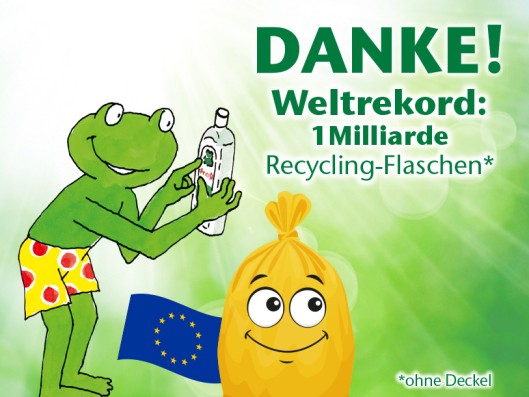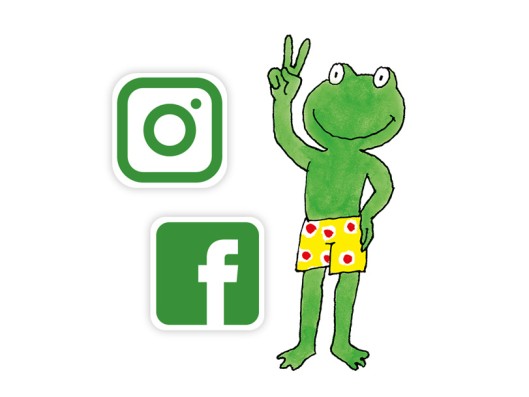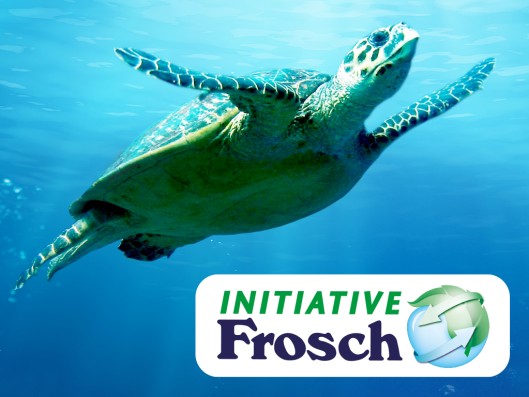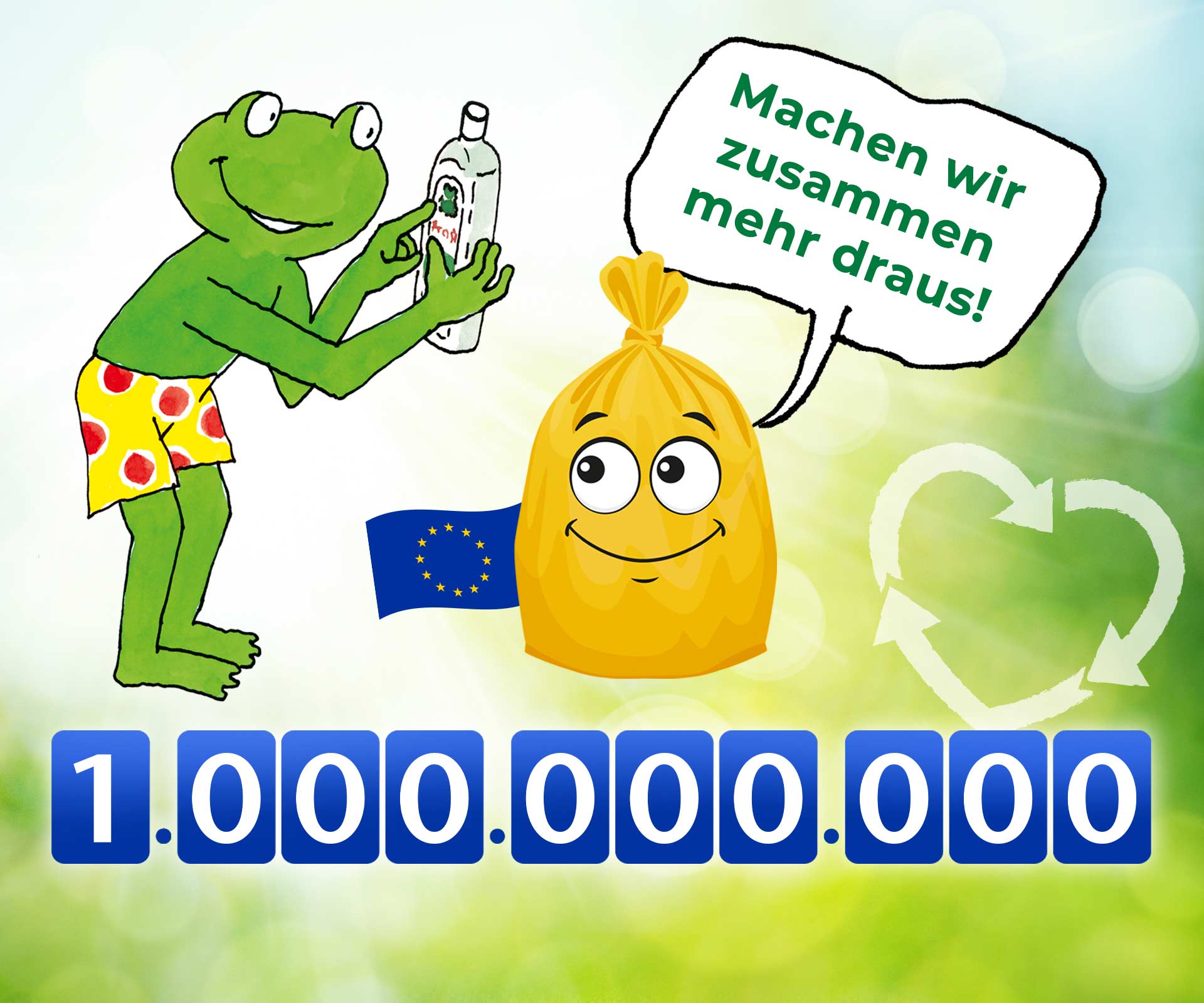
The circular economy
Frosch products are designed in line with the principle of circular economy – from the formulation to the packaging.
Together with you
We hold the recycling world record
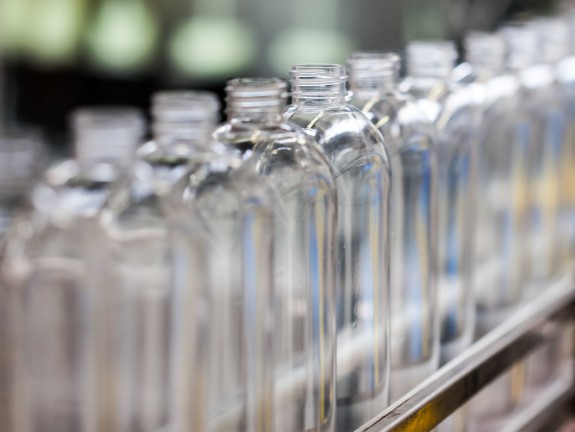
We live an outstanding energy-saving circular economy for climate protection and the maintenance of biodiversity.
Reinhard Schneider, CEO of Werner & Mertz GmbH
